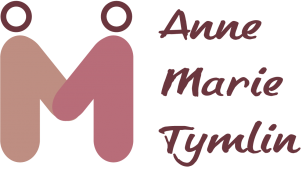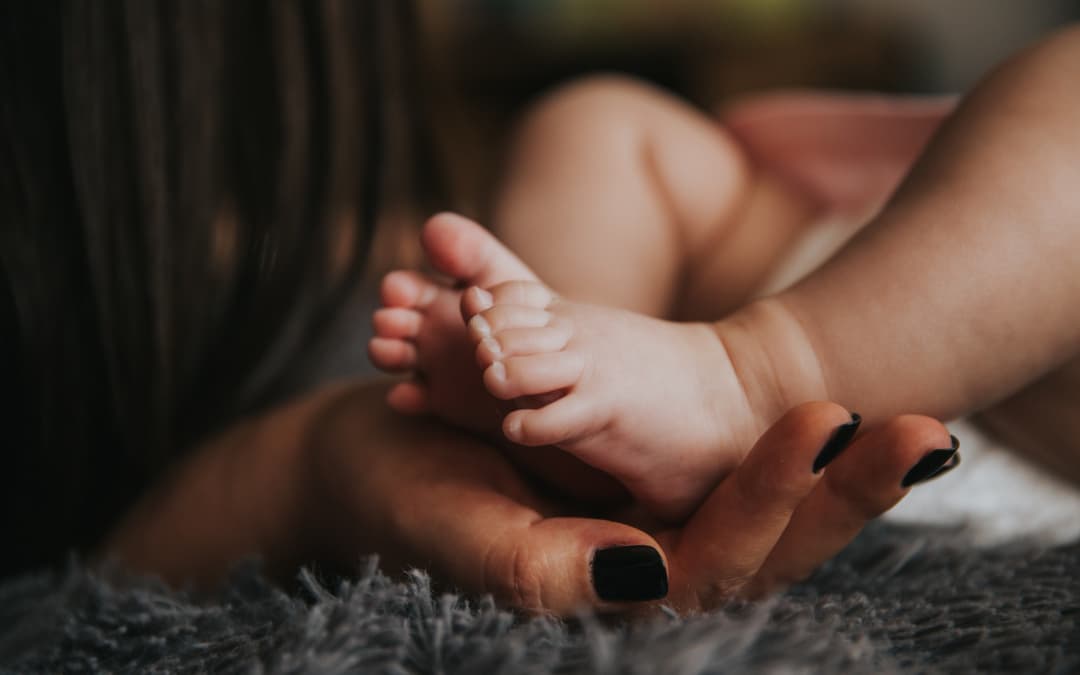As I sat on one side of the open fire with my mother sitting at the other side while oohing and aahing over my newborn baby lying on my lap, I thought of how I would cope if anything ever happened to him.
You might think that a strange thought, but I was painfully aware the woman opposite me had suffered this incredible pain three times that I knew about and I’m guessing some miscarriages also.
It was a time in Ireland where Catholic families were ruled by a patriarchal society who had little care for women’s health or state of mind regarding childbirth.
It was my first baby and the first time I had ever had the conversation with my mother about those dreadful events. As we spoke, she told me how painful it had been to watch her children die in her arms and not be able to do anything about it.
Her daughter died at three months old, her son died at nine months old, and her next loss was another daughter. These were my siblings, and I was thirteen years old when my sister aged nine years died. I can remember the pain I felt and the belief of how cruel the world was at the time.
As us two mothers continued to reminisce, I asked the crucial question “How did you cope?” I will never forget her answer “I had no choice, I had seven other children and I had to get up and put one foot in front of the other. I just had to get on with it”.
I’ve worked with and listened to many mothers and fathers, since then who have lost children to an untimely death, and some have been taken by accidents, by ill health, by suicide and all of them have used a similar phrase of just putting one foot in front of the other after this dreadful event.
Its not unusual to find therapists and bereavement specialists with backgrounds that include early experience with death and loss. It does not mean they know any answers to how a person should behave. But it allows them to walk beside another human who is feeling this loss, without judgment and without solutions and timelines regarding how long this takes to heal.
There are several grief models that try to explain the various emotions and feelings one might have during this period. Although they may make sense to some and give people a map of some kind to help navigate this time. It is always going to be a unique experience for the bereaved person and family.
Partners may grieve at different time to each other and may not be emotionally present for each other or may be angry with each other for not saving the child or not being there on occasions and this is absolutely to be expected. Both are hurting at the same time and may not be able to fulfil what is expected of them from each other.
This is the time for kindness and support from those of us who bear witness to others pain and despair. It is a time to include the bereaved in whatever level of life they wish to be included. But we must listen to them and never assume our advice is what they need.
Our unconditional support and silent commitment to their healing may be all they want at this time. Sometimes the remembering of the loved one is what is needed and us not being afraid to hear those memories is very important to a bereaved person.
My mother’s favourite verse is W. B. Yeats from He wishes for the Cloths of Heaven:
Had I the heavens embroidered cloths,
Enwrought with golden and silver light
The blue and dim of the dark cloths
Of night and light and the half light,
I would spread the cloths under your feet:
But I being poor, have only my dreams,
I have spread my dreams under your feet;
Tread softly because you tread on my dreams.

